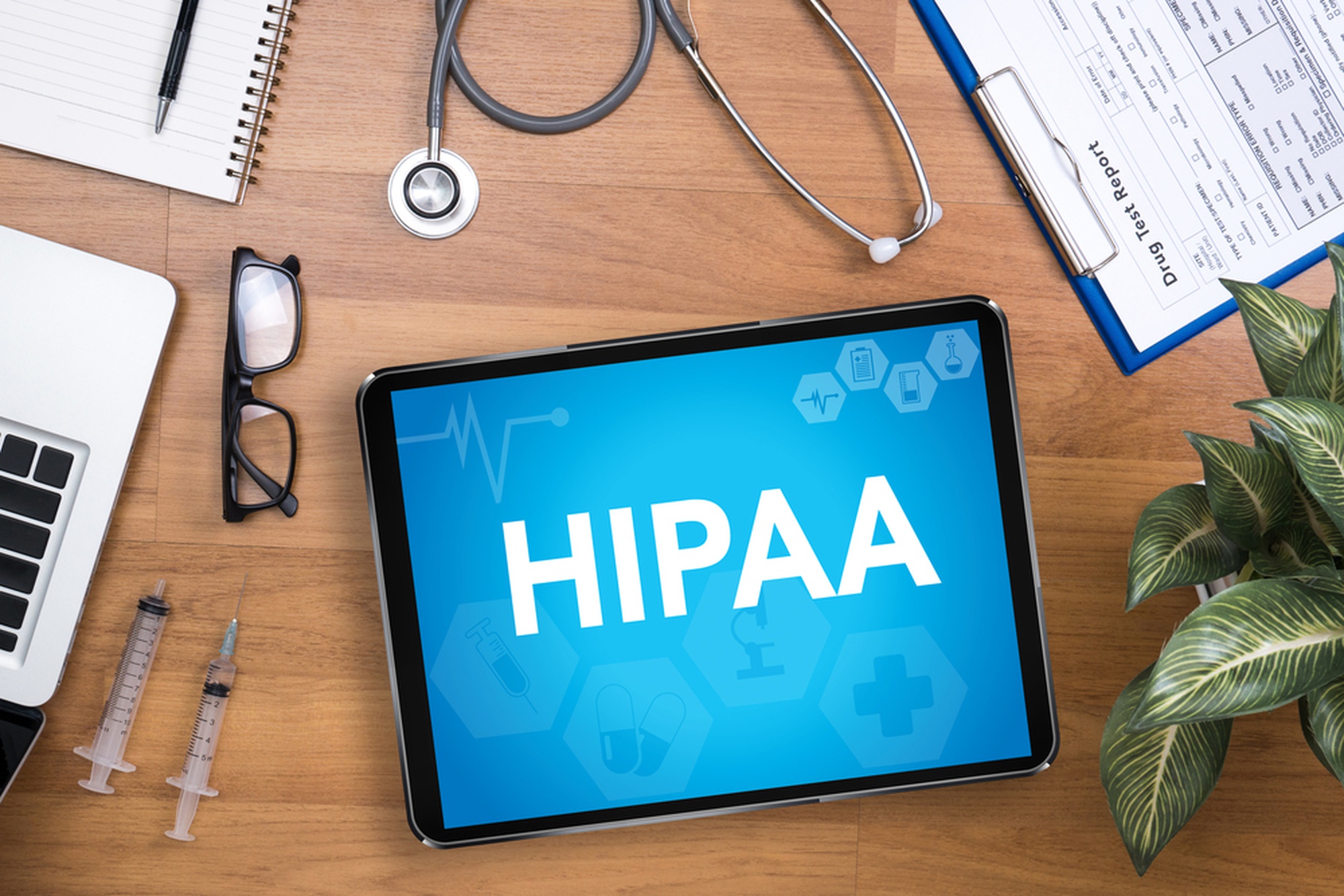Security of sensitive information has become a priority for every business in the age of digital. Health Insurance Portability and Accountability Act sets out strict guidelines for healthcare for the administration, storage, handling and safeguarding of protected medical data (PHI). HIPAA compliance for healthcare institutions is crucial for maintaining their image, safeguard patient privacy and avoid penalties.

HIPAA encompasses all healthcare providers, healthcare plans, health clearinghouses, and business associates. PHI may contain any information that could be used to determine a person such as names, addresses as well as credit card number. Also, it contains information on medical conditions and other procedures. PHI is extremely important in the black market due to the possibility of its use for identity fraud.
The HIPAA Privacy rule defines guidelines for use and disclosure of personal health information (PHI). Covered entities must establish and implement guidelines and procedures to ensure the confidentiality, integrity and availability of electronic health information (ePHI). The policies and procedures should address access controls, security incident procedures, security awareness training, and additional security measures. These entities are also legally required to limit the use and disclosure of personal data only to the information needed to fulfill the intended goal.
HIPAA Security Rules require that covered entities establish technical, administrative and physical security measures to protect confidentiality, integrity and availability of ePHI. These safeguards include control of access and audit in addition to integrity control transmission safety, integrity controls, and contingency plan. The covered entities are also required to perform periodic risk assessments to identify potential vulnerabilities and implement measures to mitigate the risks.
HIPAA’s Breach Notification Rule mandates that covered entities notify individuals affected and the Secretary of Health and Human Services and in certain instances, media in the event of a sloppy breach of PHI. The Privacy Rule defines a breach as the acquiring, use or disclosure of PHI that is not covered by the Privacy Rules that could compromise privacy or security. Entities covered by the Privacy Rule must conduct a risk assessment to determine whether the PHI has been compromised as well as the potential harm that might result due to the breach.
HIPAA stipulates that all employees receive continuous education and training to help them understand their responsibilities and roles in relation to the privacy and security of patients. The covered organizations must carry out regular risk assessments in order to identify vulnerabilities and implement mitigation measures. These include the implementation of security controls, encryption of ePHI and devising a contingency plan in the event of a security attack.
Technology has had an enormous impact on nearly all aspects of our lives which includes healthcare. Electronic health records have been revolutionary by enabling healthcare providers to store and manage patient data in a seamless way. HIPAA compliance is essential due to the numerous cyber-security risks that have been uncovered. Patient data is important and must be safe in all times. The increasing threat of cyberattacks against healthcare providers is a sign that HIPAA is more vital than ever before. HIPAA assures the privacy and security of patient information. It builds trust between health care providers.
HIPAA compliance can help healthcare providers safeguard the privacy of patients and maintain the trust of their patients. HIPAA violations can result in large fines, lawsuits or reputational damage. Office for Civil Rights of Department of Health and Human Services (OCR) enforces HIPAA regulations and has the power to investigate complaints and review the level of compliance.
HIPAA compliance in the current digital time is crucial for healthcare companies. HIPAA regulations provide guidelines for storing, managing information, transferring and protecting health information. Healthcare facilities should make sure they are HIPAA compliant with their guidelines and policies, perform regular risk assessments, offer regular training and education to their employees, and conduct regular risk assessments. They can stay clear of financial and legal penalties by maintaining trust among patients.
For more information, click why is hipaa important
